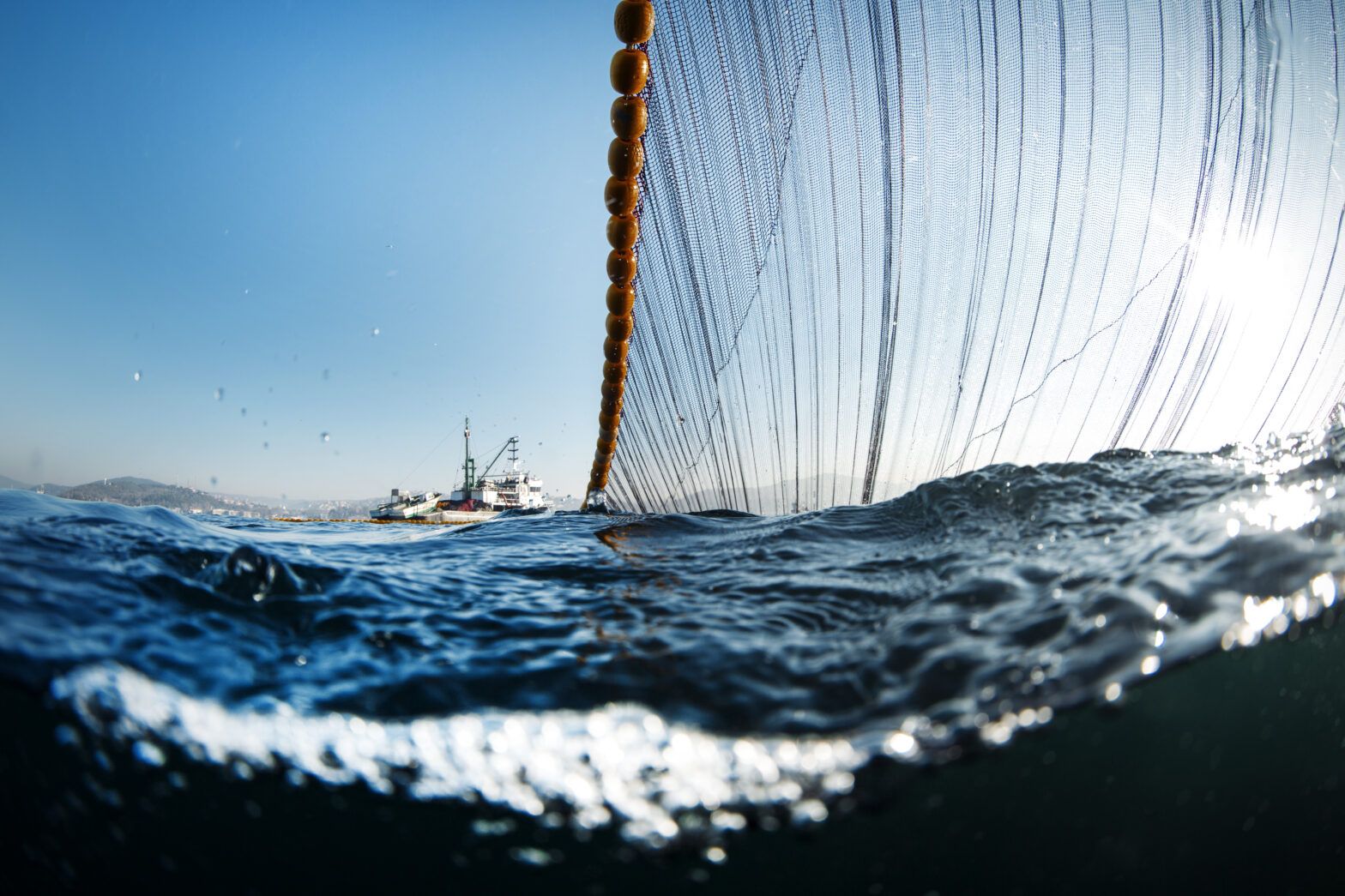There are many things that impact the quality of our oceans and waterways. You hear of plastic waste, illegal dumping, climate change, and a few other factors. One highly under-discussed area that impacts us everyday is overfishing.
It is believed the world’s entire stock of seafood could be gone by the year 2048 and yet we hear so little about this alarming statistic. Could it be a mere exaggeration? It could be, but the only way to know for sure is to educate yourself and the people in your life on the potential hazards of overfishing.
We are eating more fish than we were 50 years ago so the fishing industry needs to respond to that by fishing more. The problem is, we are fishing our oceans faster than they can replenish themselves.
As many as 80% of the world’s fisheries are fully exploited or depleted. 90% of large predatory fish stocks, such as sharks and tuna, are completely gone.
What causes overfishing?
The number one cause of overfishing is huge government subsidies. The governments of the world give out more than $35bn per year to support the commercial fishing industry.
This funds large fishing operations while stepping on the toes of the small oceanside communities that rely on fishing to make their living.
Approximately 800 million people rely on fishing as their primary commerce. These people are not receiving this money, it is going to large mega ships that can negligently fish wherever they want, whenever they want because the loose regulations in place are difficult to enforce anyway.
Another major issue is bycatch which occurs when a non-targeted fish or marine animal is caught due to neglectful practice. When a net or pot is left in the water fish become entangled and trapped in the nets.
Trawling is a primary cause of this. Mega ships use large nets that span for thousands of feet and they drag them across the bottom of the water for miles. They will capture anything in their path.
Unfortunately, as much as 22% of the fish caught from bycatch will die before they have a chance to return to the water. Even worse, many of them are just dumped right back after they die.
Ghost fishing occurs when discarding fishing gear becomes a hazard to aquatic life. In some cases, when fishermen do not need gear anymore, they simply throw it overboard.
What can be done?
The good news is, there are things being done about overfishing and technology is always at the forefront. Here are some examples:
Fishtek Marine
Fishtek Marine created a device to help prevent bycatch. 650,000 marine animals, including turtles, dolphins, and seals, die each year from getting caught in fishing nets. They created a device that fishermen can put on their nets and will emit sonar in the water to tell sea mammals to stay away from that area because there is a net.
Territorial use rights in fisheries management (TURF)
This is a highly debated topic in the world of fisheries management and a lot of government agencies believe privatising commercial fishing would have an extremely negative impact on the industry. We are not saying that it would or it would not but providing fishermen with the ability to purchase and own their own piece of aquatic real estate could be a positive choice.
Eliminate trawling
Trawling nets are the gigantic nets that fishing boats drag through the water and scoop up everything along the way. This fishing method is a far cry from your typical rod and baitcasting reel. It results in a ton of bycatch and many of the fish end up dying before they can get returned to the water. Trawling is a hazard and not the most efficient way to fish.








